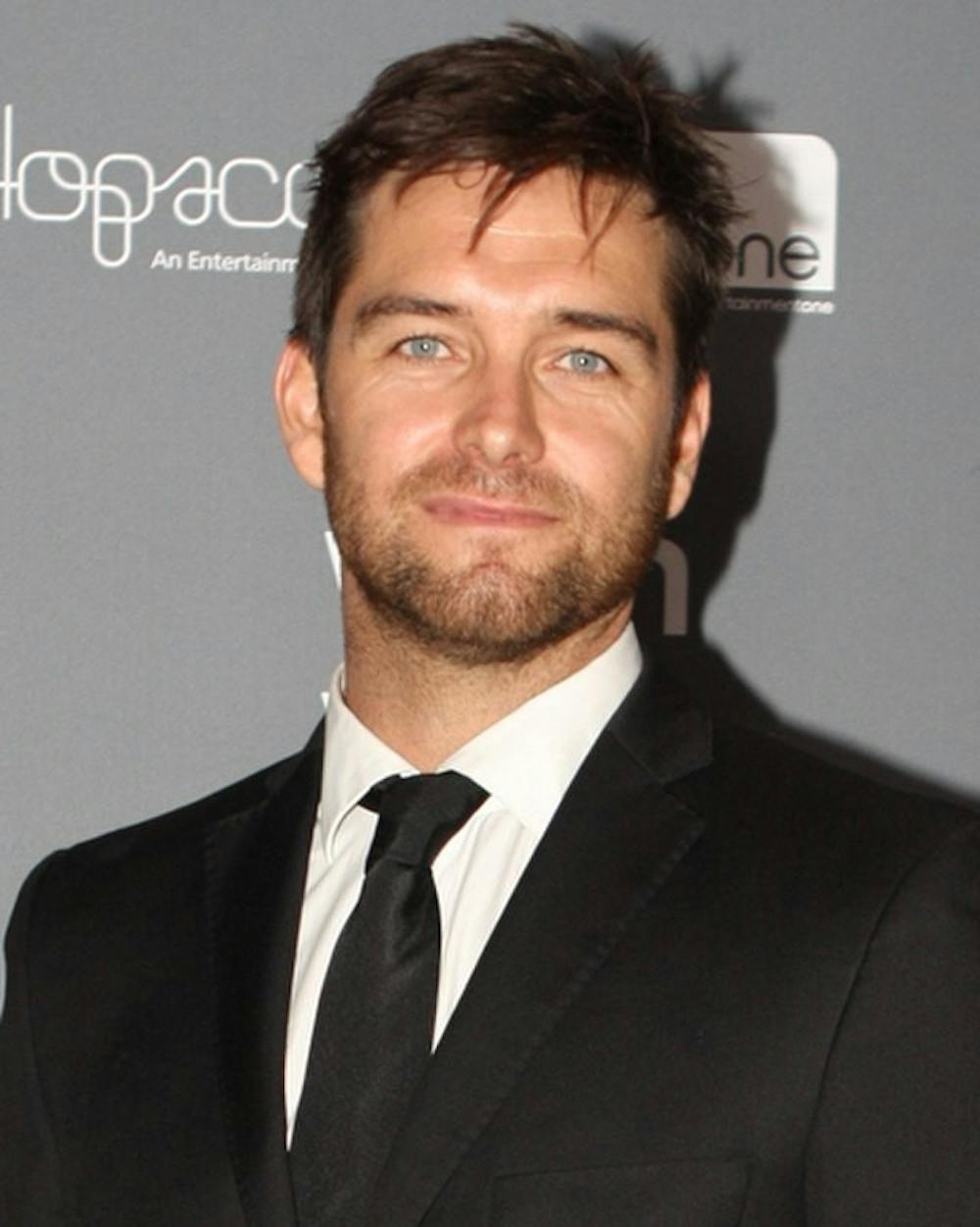Since watching the three available seasons over the past summer, Amazon Prime’s "The Boys" has become one of my favorite ongoing shows. It’s also one I struggle with recommending to anyone else.
A more mature brand of superhero fiction has become increasingly popular in the past decade, especially after the success of the “Deadpool” films. Superpowered individuals are being shown in increasingly bloodier, coarser and more satirical situations in films like “Logan” and “The Suicide Squad” and shows like “Invincible” and “Peacemaker.”
Even with the Marvel Cinematic Universe chugging along as per usual, older teenagers and adults are being offered stories that are more explicit, both in theme and presentation.
And “The Boys” is perhaps the most explicit, in every sense of the word.
Adapted from a comic book series written by Garth Ennis, “The Boys” follows a group of mercenaries as they come into conflict with The Seven, the world’s most famous – and most corrupt – superhero team. This primarily manifests through the show’s main antagonist, the ultra-powerful and completely insane leader of The Seven, Homelander.
The show is dense, enough so to potentially justify several articles exploring each of its individual elements – themes, characters, politics, social commentary – with a fine tooth comb. But there’s one particular aspect that stayed with me after finishing the third and most recent season: the show’s use of violence and sexual situations.
Basically, “The Boys” is occasionally too edgy for its own good.
To be fair, it comes by it honestly. While I haven’t read the original material the show is based on, reports from those who have indicate it trends in similar directions, including sometimes going even further than its adaptation.
Don’t take that to mean the show is tame, however. Across its 24 episodes, “The Boys” revels in its gratuity, cranking up the blood, viscera and nudity to an almost comical level; the characters drive into and through a giant whale with a speedboat, and somehow it's not the craziest thing that happens in the third season alone.
This isn’t inherently a bad thing. Stories need conflict, especially when many of the characters have literal superpowers, and for a show as darkly cynical as “The Boys,” it makes sense to up the ante in every department.
In addition, it’s mostly executed incredibly well, with top-notch effects and a real sense of style. Sure, the gore is over-the-top, but it fits in naturally with the story being told and builds real stakes when fights break out or characters reach their breaking points.
Unfortunately, it also makes “The Boys” a somewhat hard sell.
Enjoy what you're reading?
Signup for our newsletter
I have had multiple conversations with people where I endlessly rave about how much I love the show, about how much of a breath of fresh air it feels like and how well it juggles political commentary and reflects our own world back at us. Rarely do I end those by telling them they should watch it themselves.
I tend to envision a large majority of people trying the show and turning it off within the first 20 minutes due to something genuinely shocking that happens right at the start of the very first episode.
Honestly? I wouldn’t blame them.
Everyone has their limits when it comes to what they can stomach. Some people find aggressive use of strong language distracting, others get sickened by blood and gore, and others are triggered by scenes of sexual assault and trauma (all of these, for the record, are present in the first episode of “The Boys” alone).
None of this is wrong. In fact, it's part of what makes us human: our ability to feel empathy, to hurt when others are hurting, to relate our own experiences to those of others.
But I also believe it’s important to engage with media that challenges us, that makes us uncomfortable and pushes against what we consider normal. We may not like it, we may even hate it, but we always learn something from it.
And for what it’s worth, people have been responding to “The Boys” in incredibly positive ways. There are massive fan communities across social media, full of people who appreciate the show not just as another entry in the “Joker” school of hollow edge, but as a genuine piece of art with something unique to say.
Maybe the appeal is more universal than I thought.
So if you’ve been hesitant to watch “The Boys” for whatever reason, give it a shot. And if you end up disgusted and hate what you see, throw me under the bus for it; I can take it.




